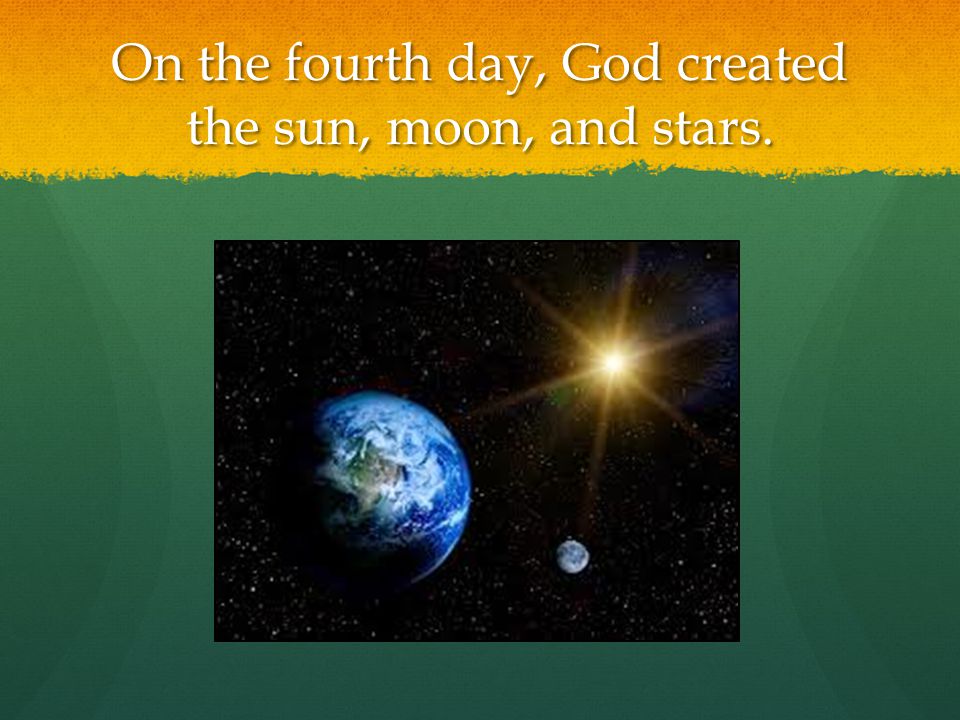Day 8 of the 30-Day Bring Positive Changes and Boost Confidence and Self-Esteem Test
By
Charles Lamson
Wednesday
Wednesday is the day of the week between Tuesday and Thursday. According to international standard ISO 8601 it is the third day of the week. In countries that have Friday as their holiday and in the Islamic calendar, Wednesday would be the fifth day of the week. In countries that use the Sunday-first convention and in the Jewish Hebrew calendar Wednesday is defined as the fourth day of the week. The name is derived from Old English Wōdnesdæg and Middle English Wednesdei, "day of Woden", reflecting the pre-Christian religion practiced by the Anglo-Saxons, a variation of the Norse god Odin. In some other languages, such as the French mercredi or Italian mercoledì, the day's name is a calque of dies Mercurii "day of Mercury".
 |
Religious Observances
The Creation narrative in the Hebrew Bible places the creation of the Sun and Moon on "the fourth day" of the divine workweek.

Quakers traditionally referred to Wednesday as "Fourth Day" to avoid the pagan associations with the name "Wednesday", or in keeping with the practice of treating each day as equally divine.
The Eastern Orthodox Church observes Wednesday (as well as Friday) as a fast day throughout the year (with the exception of several fast-free periods during the year). Fasting on Wednesday and Fridays entails abstinence from meat or meat products (i.e., four-footed animals), poultry and dairy products. Unless a feast day occurs on a Wednesday, the Orthodox also abstain from fish, from using oil in their cooking and from alcoholic beverages (there is some debate over whether abstention from oil involves all cooking oil or only olive oil). For the Orthodox, Wednesdays and Fridays throughout the year commemorate the betrayal of Jesus (Wednesday) and the Crucifixion of Christ (Friday). There are hymns in the Octoekhos which reflect this liturgically. These include special Theotokia (hymns to the Mother of God) called Stavrotheotokia ("Cross-Theotokia"). The dismissal at the end of services on Wednesday begins with these words: "May Christ our true God, through the power of the precious and life-giving cross...."
In Irish and Scottish Gaelic, the name for Wednesday also refers to fasting, as it is Dé Céadaoin in Irish Gaelic and Di-Ciadain in Scottish Gaelic, which comes from chéad, "first" and aoine, "fasting" which means "first day of fasting".

In American culture many Catholic and Protestant churches schedule study or prayer meetings on Wednesday nights. The sports calendar in many American public schools reflects this, reserving Mondays and Thursdays for girls' games and Tuesdays and Fridays for boys' games while generally avoiding events on Wednesday evening.
Cultural Usage
In Hindu mythology, Budha is the god of Mercury (planet), mid-week Wednesday, and of Merchants and merchandise. According to the Thai solar calendar, the color associated with Wednesday is green.
In the folk rhyme "Wednesday's child is full of woe", reciting the days of the week, Solomon Grundy was 'Married on Wednesday.' In Winnie the Pooh and the Blustery Day, the disagreeable nature of the weather is attributed to it being "Winds-Day" (a play on "Wednesday"). In Richard Brautigan's In Watermelon Sugar Wednesday is the day when the sun shines grey. Wednesday Friday Addams is a member of the fictional family The Addams Family. Her name is derived from the idea that Wednesday's child is full of woe. Additionally, Wednesday sometimes appears as a character's name in literary works. These include Thursday's fictions by Richard James Allen and Neil Gaiman's novel American Gods. In the 1945 John Steinbeck novel Sweet Thursday, the titular day is preceded by "Lousy Wednesday".

Wednesday is sometimes informally referred to as "hump day" in North America, a reference to the fact that Wednesday is the middle day—or "hump"—of a typical work week.[4]
Astrology
The astrological sign of the planet Mercury, ☿, represents Wednesday—Dies Mercurii to the Romans, it had similar names in Latin-derived languages, such as the Italian mercoledì (dì means "day"), the French mercredi, and the Spanish miércoles. In English, this became "Woden's Day", since the Roman god Mercury was identified by Woden in Northern Europe and it is especially aligned by the astrological signs of Gemini and Virgo. Wednesday is one of the only three days aside from Neptune and Pluto to be associated by another planet, which is Uranus.
:max_bytes(150000):strip_icc()/mercury-577e89493df78cb62c9a74d2.jpg) Named days
*SOURCE: WIKIPEDIA*
end
|

No comments:
Post a Comment